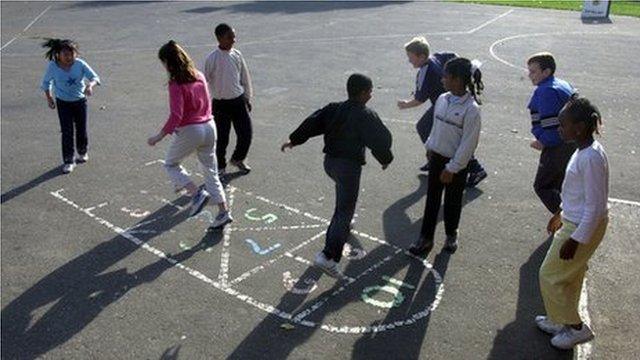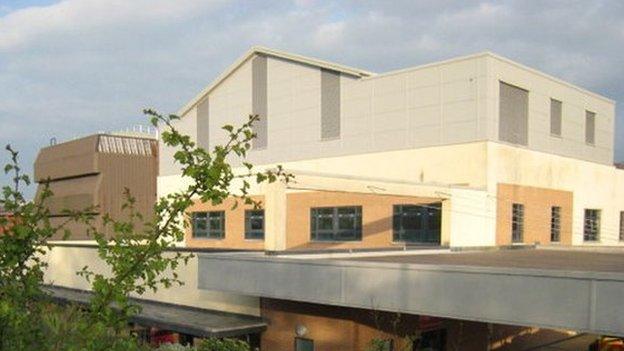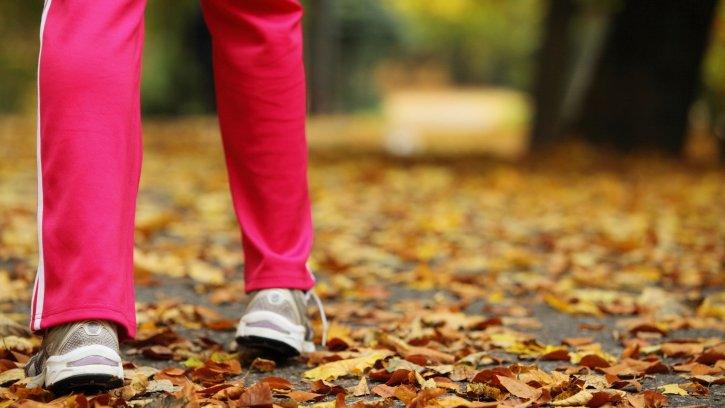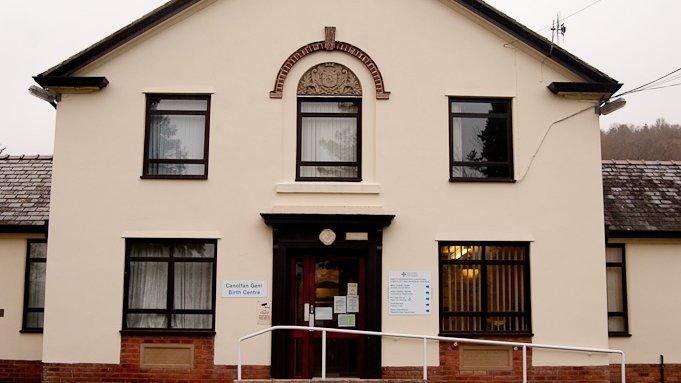Lymphoedema treatment for children 'closer to home'
- Published
Rhuanydd Clarke, from Port Talbot, describes how lymphoedema affects her three-year-old son
Children in Wales with a rare chronic illness will soon receive treatment closer to home.
Lymphoedema, external, a painful swelling mainly of the legs and arms, affects 54 children in Wales who have to travel to Liverpool or London for treatment.
Health Minister Mark Drakeford said Wales would appoint the UK's first paediatric specialist in the condition.
He said it had "a significant impact" on a person's quality of life and ability to carry out normal activities.
"The new Welsh specialist post I'm announcing today - the first of its kind in the UK - will improve the services on offer to Welsh children, allowing them to be treated closer to their home," Mr Drakeford added.
Melanie Thomas, lymphoedema clinical lead for the NHS in Wales, said she was "delighted" that children would be offered the same service as adults.
"This unique post will make a significant improvement to the current care and support offered to children and their families," she said.

What is lymphoedema?
Lymphoedema is caused by damage or disruption to the lymphatic system.
One function of the lymphatic system is to drain excess fluid from tissues. If the lymphatic system is disrupted or damaged, it can lose this ability and the excess fluid will cause the tissue to swell.
Primary lymphoedema develops at birth or shortly after puberty and is caused by faulty genes, secondary lymphoedema is caused by damage to the lymphatic system as a result of an infection, injury, trauma, or cancer treatment.
A bacterial infection of the skin called cellulitis is one of the most commonly reported infections in people with lymphoedema.

- Published29 May 2015

- Published20 October 2014

- Published12 March 2014

- Published5 September 2012
